Australia-UK free trade agreement: How consumers in Australia and the UK will benefit
Better visa access, cheaper food, drinks and cars, plus greater recognition of professional standards could be among the key benefits of a UK FTA.
Cheaper Scotch whisky, Marmite, British made cars, Aussie wine and greater visa access between Australia and the UK are among the benefits consumers could see under a free-trade agreement (FTA) the two nations aim to sign by the end of the year.
On Wednesday the two countries announced virtual talks towards an FTA that aims to reduce trade tariffs and provide increased recognition for professional standards will begin on 29 June.
Australian Prime Minister Scott Morrison said he hoped the deal would be done by the end of this year or “possibly early 2020.”
“My good friend Boris Johnson and I will not settle for anything less than an ambitious and high-quality deal that benefits both our nations,” he said.
Delighted to join with @BorisJohnson to celebrate today’s launch of negotiations on a free trade agreement between Australia and the UK.
— Scott Morrison (@ScottMorrisonMP) June 17, 2020
It will mean more jobs, more growth and more opportunities for both our citizens to live and work in each other’s countries post COVID. pic.twitter.com/gToJuuwx95
UK Prime Minister Boris Johnson said “there are few countries in the world who share a closer friendship than Australia and the UK.”
“We import colossal quantities of absolutely delicious Australian wine. We export all kinds of things, including, I was amazed to discover, boomerangs made in the UK,” he said.
“Think of the potential we have. I want a world in which we send you Marmite, you send us Vegemite.”
“We send you Penguins and you send us, with reduced tariffs, these wonderful Arnotts Tim Tams. How long can the British people be deprived of the opportunity to have Tim Tams at a reasonable price?
“We share a language, we share a head of state, we’re united by so much already. Let’s get this free trade agreement done.”
There are few countries in the world who share a closer friendship than Australia and the UK.
— Boris Johnson #StayAlert (@BorisJohnson) June 17, 2020
Now, as an independent trading nation for the first time in decades, we have the opportunity to turn our shared history and friendship into a world-leading free trade agreement. 🇬🇧🇦🇺 pic.twitter.com/PPWESs3aHq
Australian Trade Minister Simon Birmingham said the post-Brexit deal provides a chance to restore the relationship to previous trading highs.
“We have thrown the kitchen sink at being in the best possible place to commence negotiations,” he said.
“Australia will be looking to secure better market access for goods exports, especially in agriculture, and high-standard rules on digital trade and investment, to expand our already deep economic relationship.”
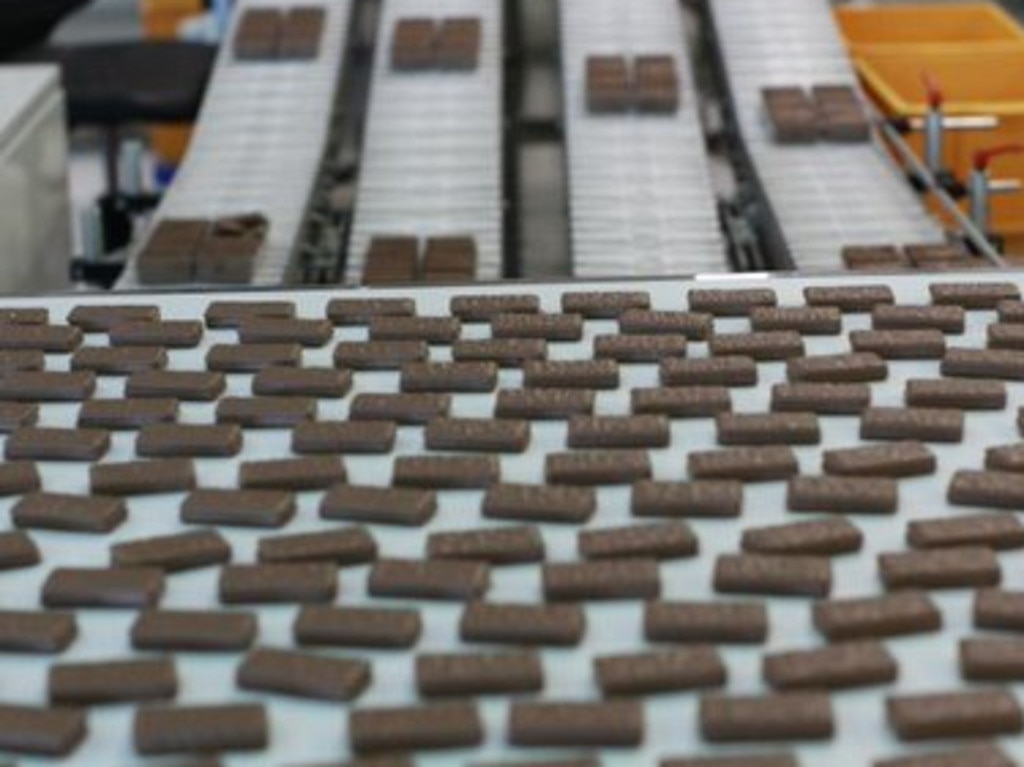

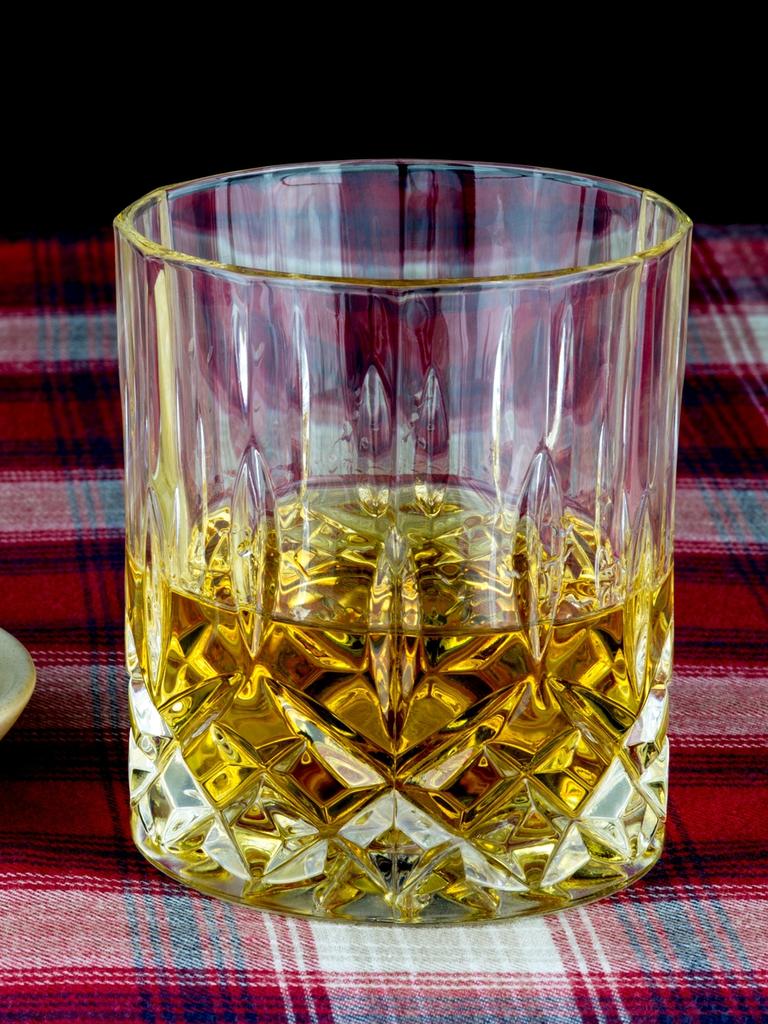
Australia has previously stated its aim of being the first country to sign an FTA with the UK post-Brexit and has already been working on agreements behind the scenes. Deals covering nuclear co-operation, market access for Australian wine and recognition of certain standards will come into effect on 1 January 2021 to avoid a cliff edge when Britain’s transition period out of the European Union ends on 31 December.
Australia’s relationship with the UK was worth $30.3 billion in 2018-2019, making it Australia’s seventh-largest trading partner. The UK is also the second-largest source of foreign direct investment in Australia
Australian British Chamber of Commerce CEO David McCredie said the big winners are likely to be services and investment, as well as goods and sectors such as defence, food and drinks, plus makers of things like batteries, hydrogen and green steel in Australia.
One in five bottles of wine sold in the UK comes from Australia and a reduction in tariffs could make this cheaper for UK consumers.
Aussie shoppers could see reductions of five per cent or more on products such as British tea, Scotch whisky or salmon in the food aisles if tariffs are removed.
“This also covers items that Australia doesn’t produce including passenger vehicles, some pharmaceuticals and other medical devices,” he said.
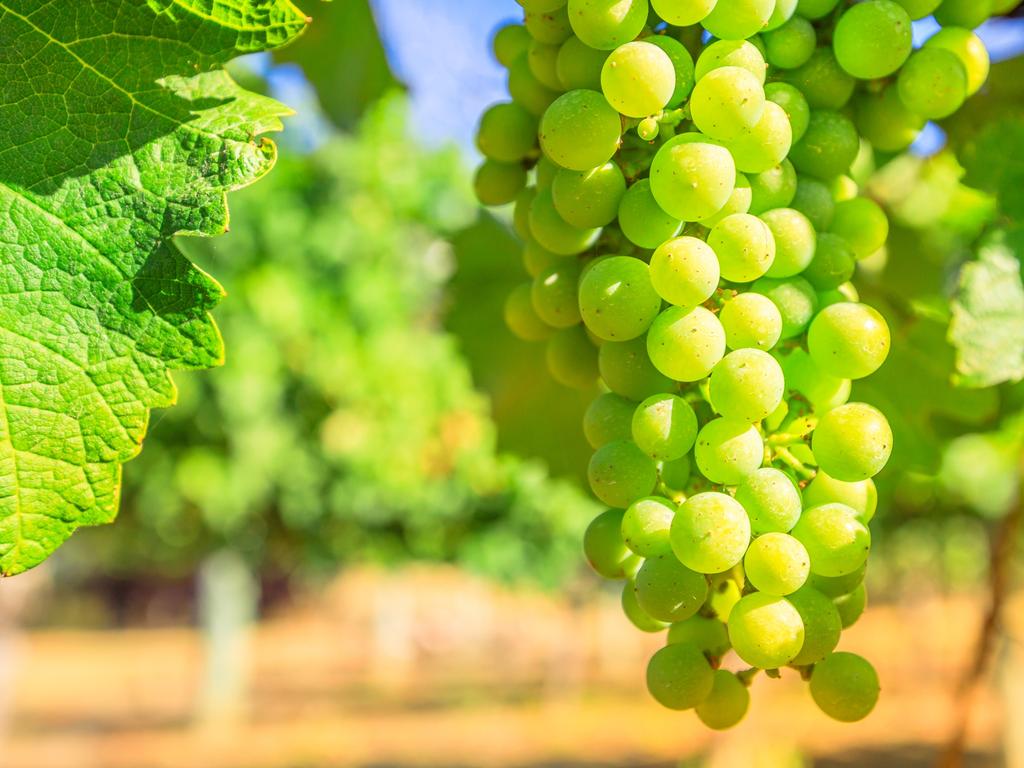
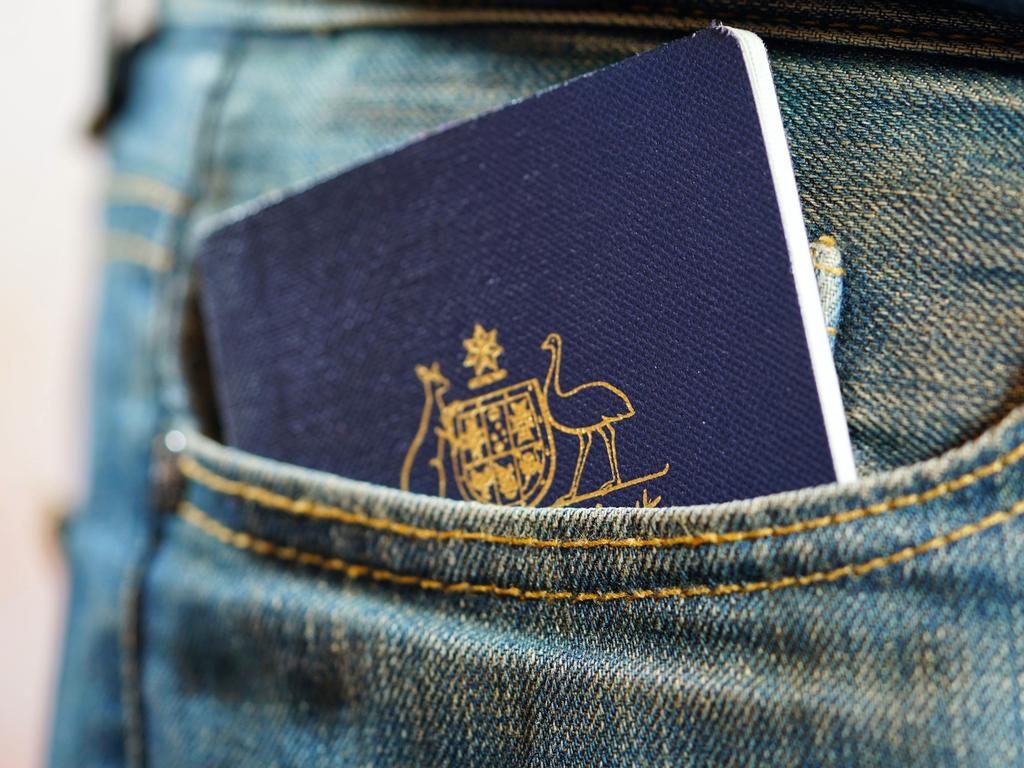
Improved visa access has long been on the Australian wish list when it comes to an FTA however Mr McCredie said it is “one of the biggest challenges for Australian UK bilateral economic relations.”
“The opportunity to freely move between countries to effect the work needed and to add to the economic capability and output of the other country must be a key parameter on judging the success of these negotiations.”
“We believe there should be an “if not, why not” approach to the movement of people particularly in the working visa classes. These need to be expedited processes and not the costly and time consuming processes we see currently.”
As for what Australian businesses should watch for, both sides are committed to upholding labour market and environmental standards.
Mr McCredie said the “biggest concern is if the negotiations are not ambitious enough to really move the needle on the trade in goods and services, on lifting investment and enabling the free movement of people, then we will have missed a golden opportunity to improve the lives and prosperity of both our countries.”
The UK will also pursue an FTA with New Zealand while Australia is working to secure one with the European Union.
The UK’s International Trade Secretary Liz Truss said direct FTAs with Australia and New Zealand are a chance to strengthen ties with “old friends”
“Ambitious, wide-ranging free trade agreements with old friends like Australia and New Zealand are a powerful way for us to do that and make good on the promise of Brexit,” she said.
“Pivoting towards the Asia-Pacific will diversify our trade, increase the resilience of our supply chains and ensure the UK is less vulnerable to political and economic shocks in certain parts of the world.”
🇬🇧 and 🇦🇺 are the closest of friends and allies. We gave Australia the steel that made the Sydney Harbour Bridge, you gave us @Barry_Humphries
— Liz Truss (@trussliz) June 17, 2020
Barry, @birmo, @AusHCUK and I explain how a trade deal will make our nations stronger together
Full video here: https://t.co/zrUhHVbaAW pic.twitter.com/17M9uz8CTA
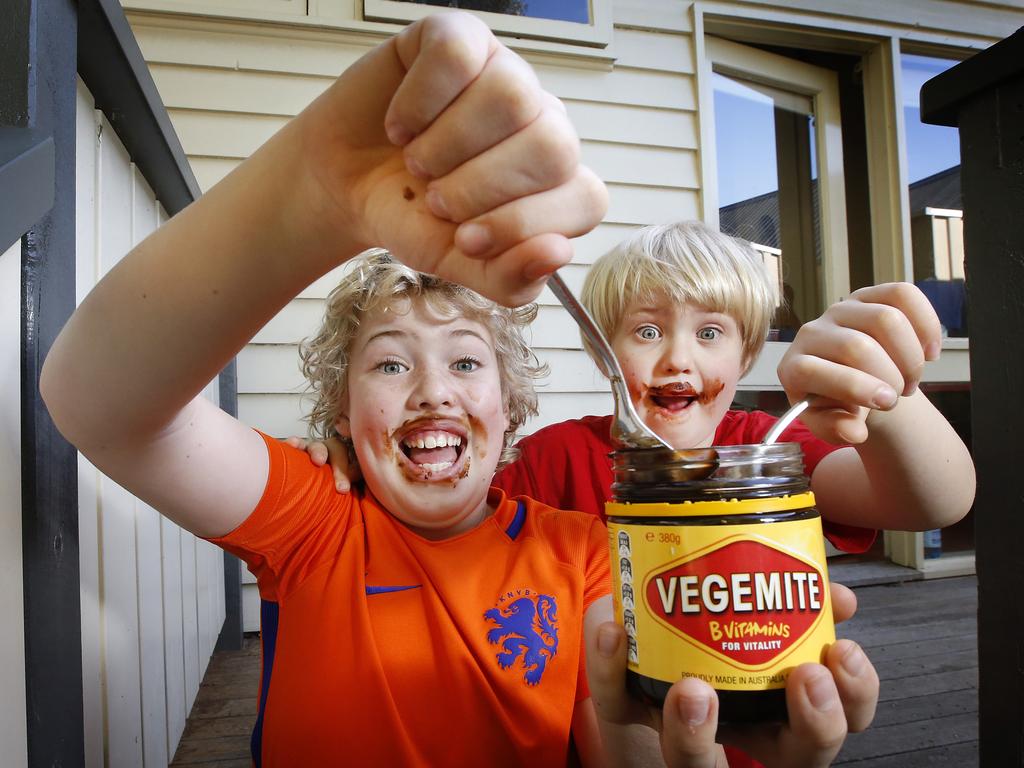
The UK officially left the European Union on 31 January and is currently negotiating its future relationship with the bloc in talks that have been sidelined by the coronavirus pandemic.
The UK has suffered the highest death toll in Europe from COVID-19 and is predicted to face the worst economic consequences, however it believes a “pivot” towards the Asia Pacific could help create opportunities in the “world’s most dynamic economies”.
It has also reaffirmed its interest in joining the Comprehensive and Progressive Agreement for trans-Pacific Partnership (CPTPP), which accounts for around 13 per cent of global GDP. Australia and New Zealand are members and have backed the UK joining.
The UK side of the negotiations for the FTA will be overseen by the Department for International Trade’s chief negotiator Crawford Falconer, a former deputy secretary in New Zealand’s Ministry of Foreign Affairs and New Zealand representative to the World Trade Organisation.
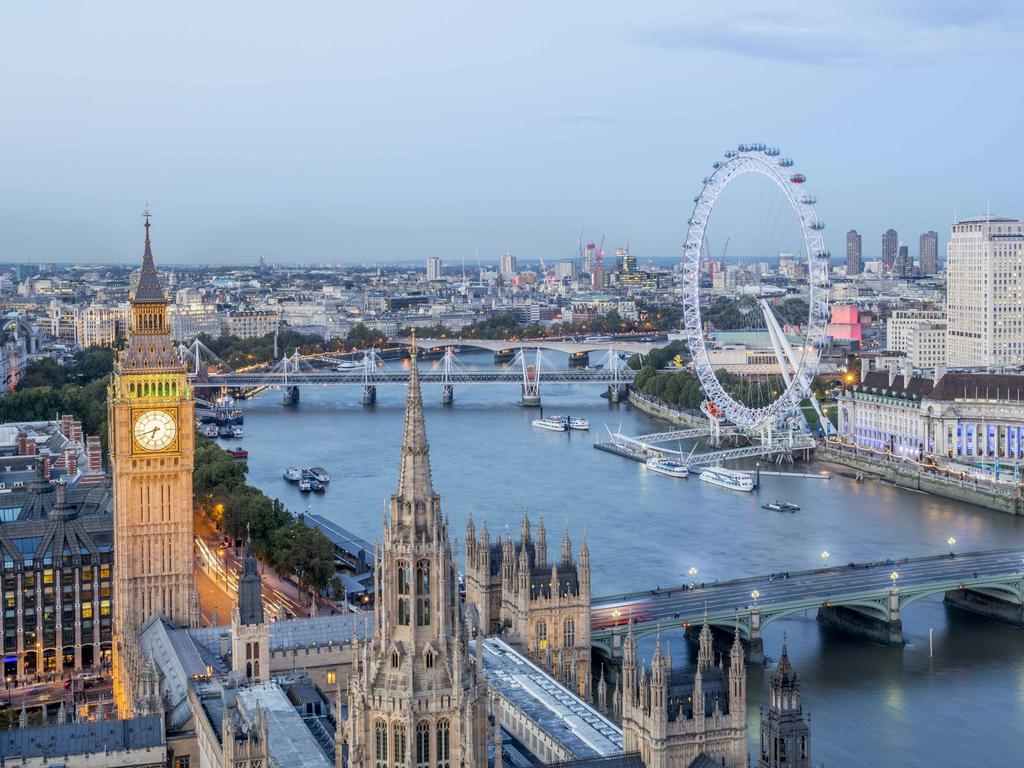
Make UK CEO Stephen Phipson said opportunities to boost digital trade in the wake of the coronavirus pandemic will also be welcomed.
“The emphasis on helping the UK’s smaller businesses access the opportunities of international trade particularly in liberalising access for UK manufacturing services will be good news for some of our most innovative companies, which sometimes struggle to navigate the intricacies of breaking into new markets.
“Business looks forward to being directly and closely involved in the ongoing program of trade negotiations to ensure the best possible outcomes.”
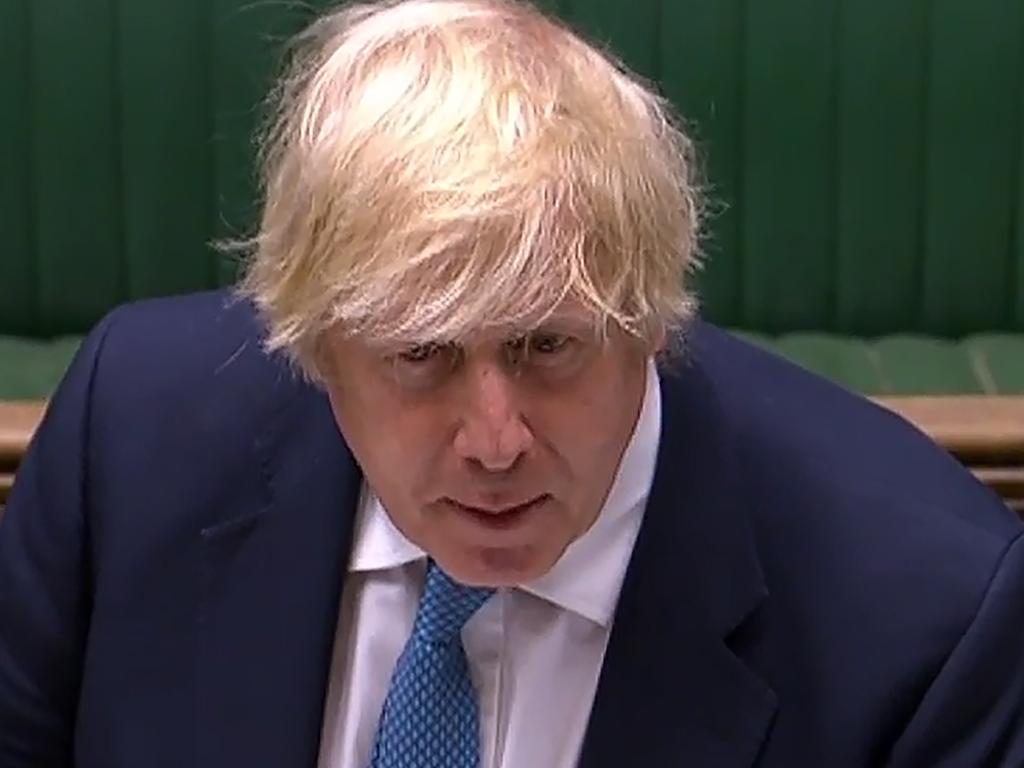
The announcement came on the same day UK Prime Minister Boris Johnson announced a shake up to key government departments, merging the Department for International Development and Foreign and Commonwealth Office to create an Australian and New Zealand style ministry overseeing trade and foreign aid.
The new department – the Foreign, Commonwealth and Development Office – will be established in early September and will be led by the Foreign Secretary who will make decisions on foreign aid spending.
“The Foreign Secretary will be empowered to decide which countries receive – or cease to receive – British aid, while delivering a single UK strategy for each country, overseen by the National Security Council, which I chair,” Mr Johnson told parliament on Tuesday UK time.
“Those strategies will be implemented on the ground by the relevant UK Ambassador, who will lead all of the Government’s work in the host country.
“And in this we are following the examples of Australia, Canada and New Zealand, all of whom run their development programs from their foreign ministries.
The new department’s priorities will come after a full review that will take into account UK foreign, defence and development policy and is the biggest since the Cold War.



